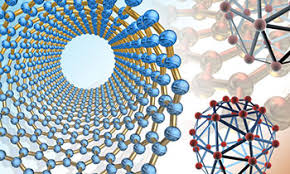Mechanical and Materials Engineering, Department of

Department of Mechanical and Materials Engineering: Faculty Publications
Document Type
Article
Date of this Version
5-20-2024
Citation
Biomed Microdevices. ; 24(4): 33. doi:10.1007/s10544-022-00633-z.
Abstract
We previously reported a single-cell adhesion micro tensile tester (SCAμTT) fabricated from IP-S photoresin with two-photon polymerization (TPP) for investigating the mechanics of a single cell-cell junction under defined tensile loading. A major limitation of the platform is the autofluorescence of IP-S, the photoresin for TPP fabrication, which significantly increases background signal and makes fluorescent imaging of stretched cells difficult. In this study, we report the design and fabrication of a new SCAμTT platform that mitigates autofluorescence and demonstrate its capability in imaging a single cell pair as its mutual junction is stretched. By employing a two-material design using IP-S and IP-Visio, a photoresin with reduced autofluorescence, we show a significant reduction in autofluorescence of the platform. Further, by integrating apertures onto the substrate with a gold coating, the influence of autofluorescence on imaging is almost completely mitigated. With this new platform, we demonstrate the ability to image a pair of epithelial cells as they are stretched up to 250% strain, allowing us to observe junction rupture and F-actin retraction while simultaneously recording the accumulation of over 800 kPa of stress in the junction. The platform and methodology presented here can potentially enable detailed investigation of the mechanics of and mechanotransduction in cell-cell junctions and improve the design of other TPP platforms in mechanobiology applications.
Included in
Mechanics of Materials Commons, Nanoscience and Nanotechnology Commons, Other Engineering Science and Materials Commons, Other Mechanical Engineering Commons


Comments
HHS Public Access.